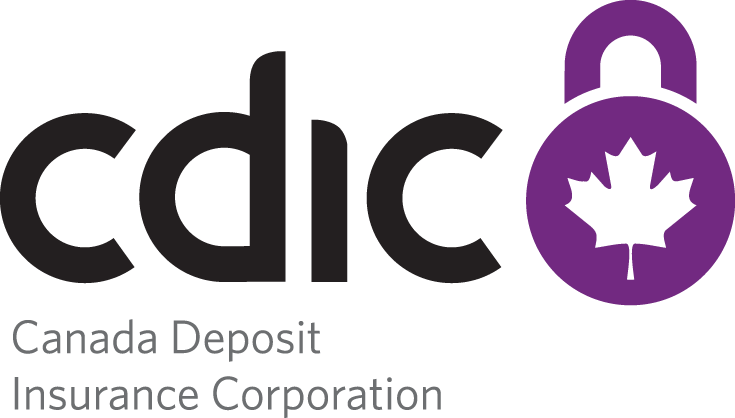CDIC protects eligible deposits held in trust separate from the depositor’s other deposits.
To ensure their deposits held in trust are protected separately from their other deposits, the trustee depositor has an ongoing obligation to disclose to their Member Institution(s):
- That the deposit is held in trust; and
- Each trustee’s name and one trustee’s address.
Where the trustee holds the deposit in trust on behalf of one beneficiary, the trustee must also disclose to their Member Institution(s):
- The beneficiary’s name and address.
Where the trustee holds the deposit in trust on behalf of multiple beneficiaries, the trustee must also disclose to their Member Institution(s):
- Each beneficiary’s name and address; and
- The amount or percentage of each beneficiary’s interest or right in the deposit.
Failure to provide your Member Institution(s) with up-to-date and accurate information may affect CDIC’s ability to make an insurance determination, and protect trust deposits on a “per beneficiary” basis. CDIC relies on the latest information disclosed on the records of its Member Institutions.
Under the Canada Deposit Insurance Corporation Co-Owned and Trust Deposit Disclosure By-law (Disclosure By-law) a member institution has the obligation to annually notify trustee depositors about their disclosure requirements. The notification is to be sent during the month of March each year.
